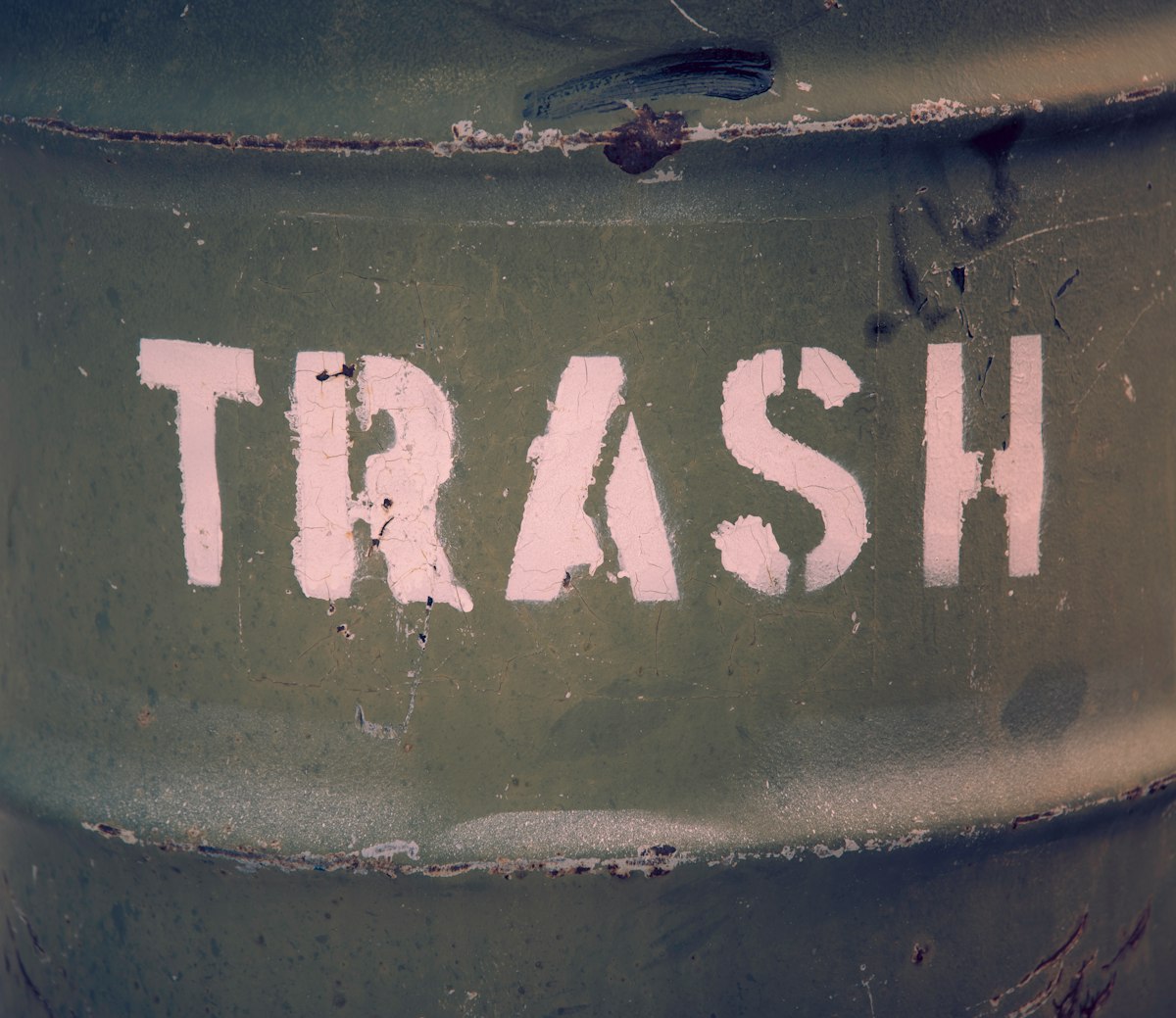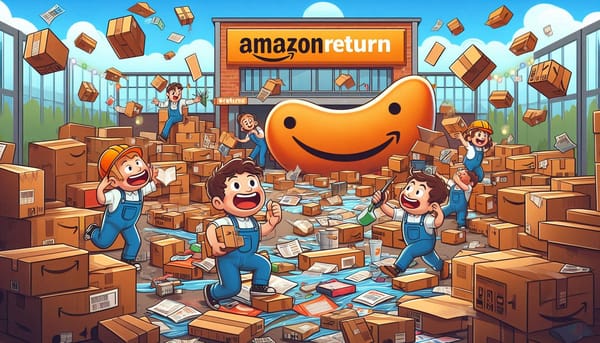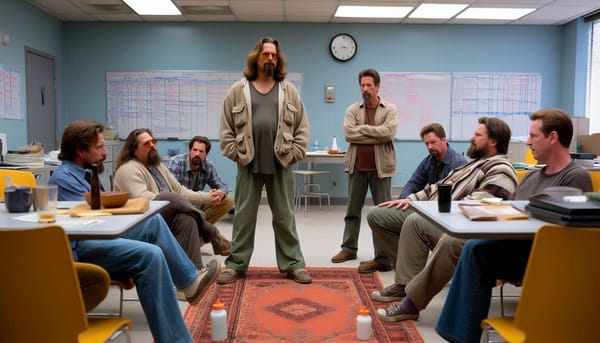Product Management as Garbage Collector
Product Management often is the dumping ground of orphaned tasks, and responsibilities. Learn when and how to push back

In many organizations, I have noticed a trend that is somewhat ubiquitous. That is the trend of product managers to have a cornucopia of tactical tasks that are unrelated to the core product management responsibilities.
Others have termed this the “Product Janitor” role, and it often is a mashup of tasks that really should belong to others within the organization. Tasks like filling out shipping paperwork for demo equipment, or maintaining a server for cordoning off a specific customer’s data, and so on. I could literally fill a book with all the odds-and-ends tasks that get relegated to product management in a mature company.
The nickname “Product Janitor” doesn’t quite do it justice though. That implies that it is a clean up role, fixing other messes. I prefer to think of it as the Product Manager as Garbage Collector. One who picks up the detritus and flotsam of running an organization.
Theory on the Genesis of Garbage Collection
In most of my roles, I was a product manager brought in late in life of an organization. The startup phase, and the modest growth phase are over, and (mostly) the companies were bought by a larger organization, and became a division or business unit (BU).
Product Management is often the resting place for odds and ends in an organization, tasks that ought to be elsewhere, but fell to product management. Identify them, and work to move them back to their rightful owners, or you will be a product janitor. No bueno
Many of these BUs that were companies had their genesis in the 1990’s and early 2000’s, and were small, scrappy players, without a lot of rigor in role definitions. The “get it done” mantra was the name of the game. They mostly didn’t have a formal “product manager”, but usually a really good marketing person who picked up the requisite tasks, as the “owner” of the customer satisfaction.
Being a good marketing person, they often had an eye for detail, and would gregariously just do tasks that weren’t done, be that handling a customer complaint, shipping a part that was forgotten to make an order whole, or any one of a myriad things that might fall to customer support, engineering, or operations.
Thus, they just got it done.
Fast forward to post acquisition
Often, this marketing person becomes the shiny new Product Manager. Their title changes, and their responsibilities become more structured. However the habit of them just picking up all the loose balls continues, and this wide range of non-product related tasks become codified in the psyche of the organization.
They become undocumented job responsibilities, and clearly they should belong to some other group.
if as a product manager, you fill out enough shipping forms for odd parts that the shipping and receiving team know you by name, you are probably a garbage collector.
That person leaves, and is replaced. The incoming product manager is often astounded by the vast array of seemingly irrelevant tasks expected by the organization of the product manager. Yet, the new product manager acquiesces to the need, not wanting to upset the apple cart, and the task list remains filled with tactical to do’s that rightfully belong to other groups. Repeat this process a few times, and these tactical “to-do’s” become calcified in the skeletal structure of the organization.
How to break the cycle
Unfortunately, a mid level product manager usually doesn’t have the authority to fix this. You really need a strong product executive (Director or VP) who has the gravitas to reset and reassign these responsibilities to the proper group, and begin to carve out a well defined set of core responsibilities for the product team.
If you are a senior leader in an organization where the product manager spends nearly 50% of their time handling tasks that belong elsewhere, it behooves you to address this. The efficiency, and benefits of having a strong product manager are muted by having a huge backlog of unrelated responsibilities.
It doesn’t matter how this garbage collection happened, you need to fix it.
Executive Summary
- Product managers in early stage companies become jack of all trades, picking up any task that is loose in the scrum.
- However, as the organization matures, often these early “get-it-done” behaviors become sticky – reducing product manager effectiveness
- Break the cycle, get those tasks apportioned to the groups who naturally should own it.



